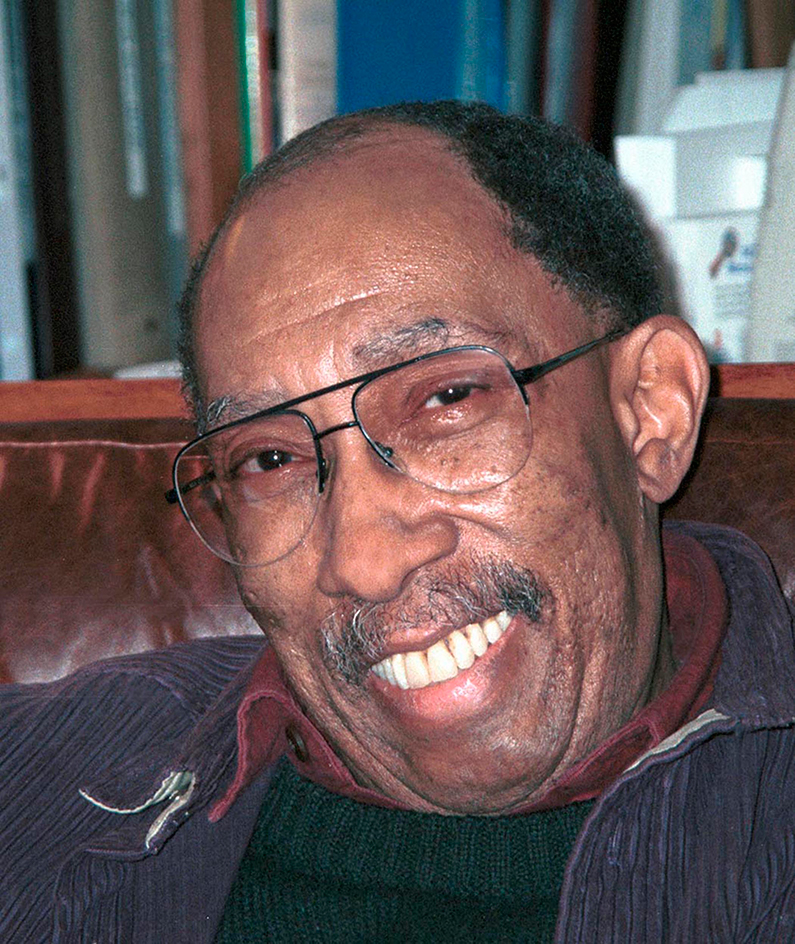Lester, Julius (1939-2018), was an African American author known for his folk tales and other writings that celebrate the history and heritage of Black Americans. Lester wrote more than 30 books, including volumes of children’s literature and adult fiction and nonfiction. Many of his books aim to introduce young readers to religion and to the realities of racism and violence. His book Day of Tears: A Novel in Dialogue (2005) won the 2006 Coretta Scott King Award, which honors African American authors. The novel, set in Georgia in 1859, describes the largest auction of enslaved people in American history and how it separated many families. To Be a Slave (1968) was a Newbery Medal honor book for distinguished children’s literature in 1969.

Lester’s first two collections of folk tales, Black Folktales (1969) and The Knee-High Man, and Other Tales (1972), are humorous but satirical retellings of traditional stories. In Uncle Remus: The Complete Tales (1999), Lester collected tales about a formerly enslaved man who narrates his stories to a Southern white family. Lester also adapted the story of an African American folk hero in John Henry (1994).
Lester converted to Judaism in 1982, and some of his works reflect Jewish culture. Books including How Many Spots Does a Leopard Have? and Other Tales (1989) and When the Beginning Began (1999) draw on material from both African and Jewish traditions. Pharaoh’s Daughter (2000) is a retelling of the Biblical story of Moses. The picture book The Girl Who Saved Yesterday (2016, illustrated by Carl Angel) is an African folk tale about a girl who, after the death of her parents, is sent to the forest and raised by ancient trees. Lester’s adult novels are Do Lord Remember Me (1984), And All Our Wounds Forgiven (1994), and The Autobiography of God (2004).
Lester gained recognition as a poet, photographer, musician, and civil rights activist. He was the director of the Newport Folk Festival in Rhode Island from 1966 to 1968. His picture book The Blues Singers (2001) is a tribute to 10 great African American performers. Some of Lester’s poetry appears in Who I Am (1974). His essays were collected in Revolutionary Notes (1969) and Falling Pieces of the Broken Sky (1990). Lester wrote the autobiographies All Is Well (1976) and Lovesong: Becoming a Jew (1988).
Lester was born on Jan. 27, 1939, in St. Louis, Missouri. He received a B.A. degree from Fisk University in Tennessee in 1960. He was a professor at the University of Massachusetts for more than 30 years. Lester died on Jan. 18, 2018.
